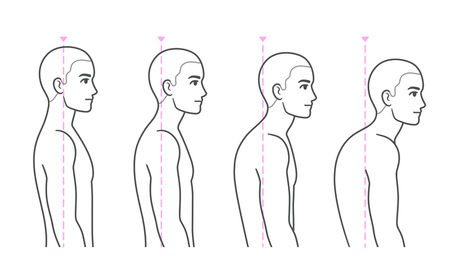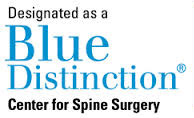What Causes Someone to Have a Hunchback Known As Kyphosis?
 A hunchback or round back, which is known in the medical world as Kyphosis, is a condition in which the upper back is excessively rounded. This causes a hump-like appearance and can affect a person’s posture and mobility.
A hunchback or round back, which is known in the medical world as Kyphosis, is a condition in which the upper back is excessively rounded. This causes a hump-like appearance and can affect a person’s posture and mobility.
What are the causes of Kyphosis?
There are a variety of factors:
- Poor posture, such as slouching or sitting hunched over a computer for long periods, can cause the upper back to round excessively, leading to kyphosis.
- As we age, the bones in the spine may weaken, leading to a loss of height and curvature in the spine.
- Osteoporosis is a condition in which the bones become weak and brittle, increasing the risk of fractures. It can affect the spine, causing kyphosis.
- Scheuermann’s disease is a condition that affects the spine’s growth plates, causing them to grow unevenly and leading to kyphosis.
- Spinal fractures, such as those caused by injury or osteoporosis, can also lead to kyphosis.
What are the treatments?
Treatment will depend on the severity of the condition and the underlying cause. Some treatment options may include:
- Physical therapy can help strengthen the muscles in the back, improve posture, and reduce associated pain.
- In some cases, a back brace may be recommended to help support the spine and prevent further curvature.
- Pain relievers and anti-inflammatory medications may be prescribed to help manage associated pain.
- Surgery may be recommended in severe cases, such as when the condition is causing nerve damage or significant pain.
Kyphosis can affect people of all ages, but it is most common in older adults. Its symptoms may include back pain, stiffness, along with a hump-like appearance of the upper back. Regular exercise, such as strength training and yoga, can help improve posture and prevent kyphosis.
If you’re experiencing symptoms of kyphosis, it’s important to see a doctor or spine specialist for an evaluation and proper diagnosis.
